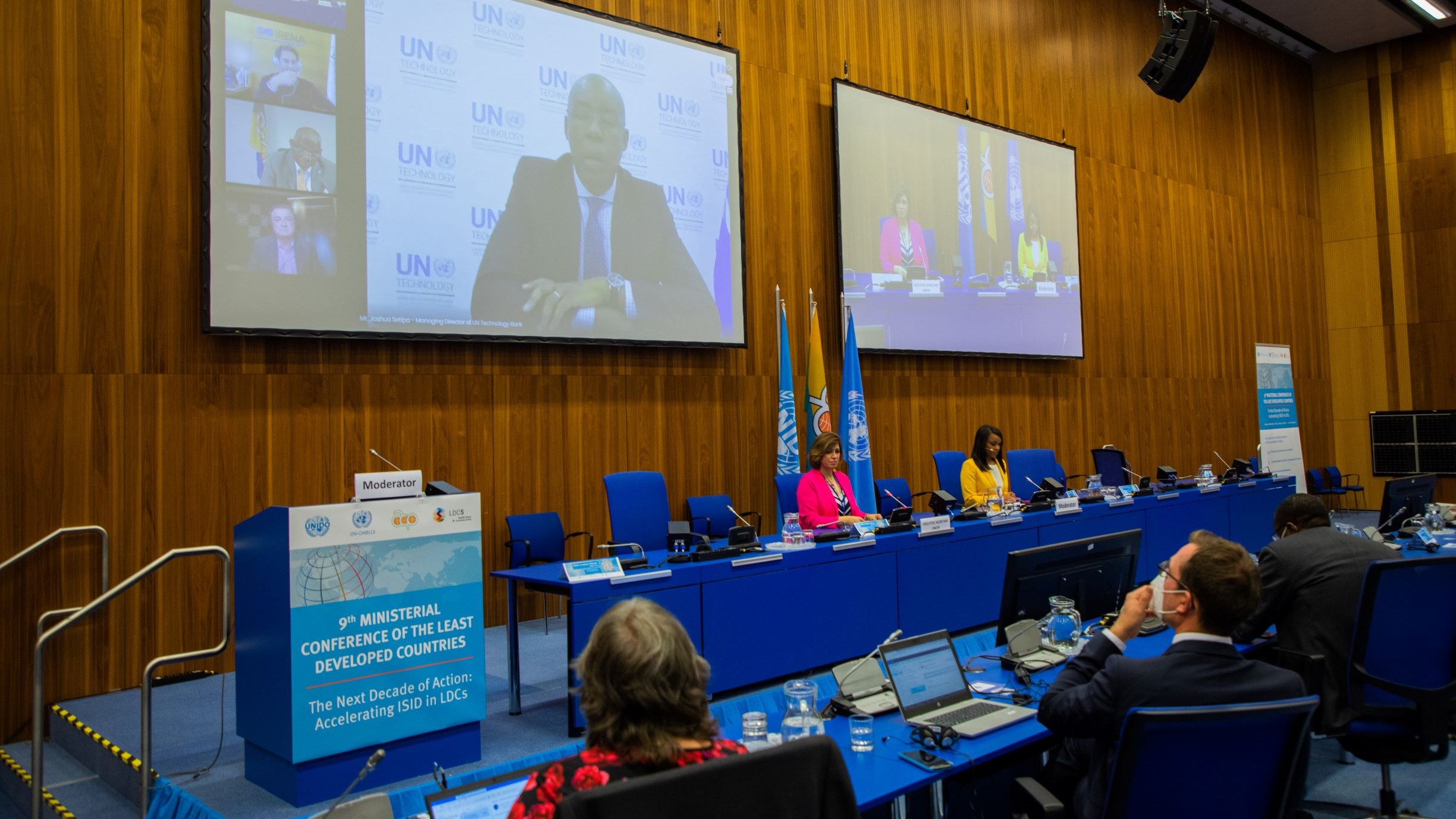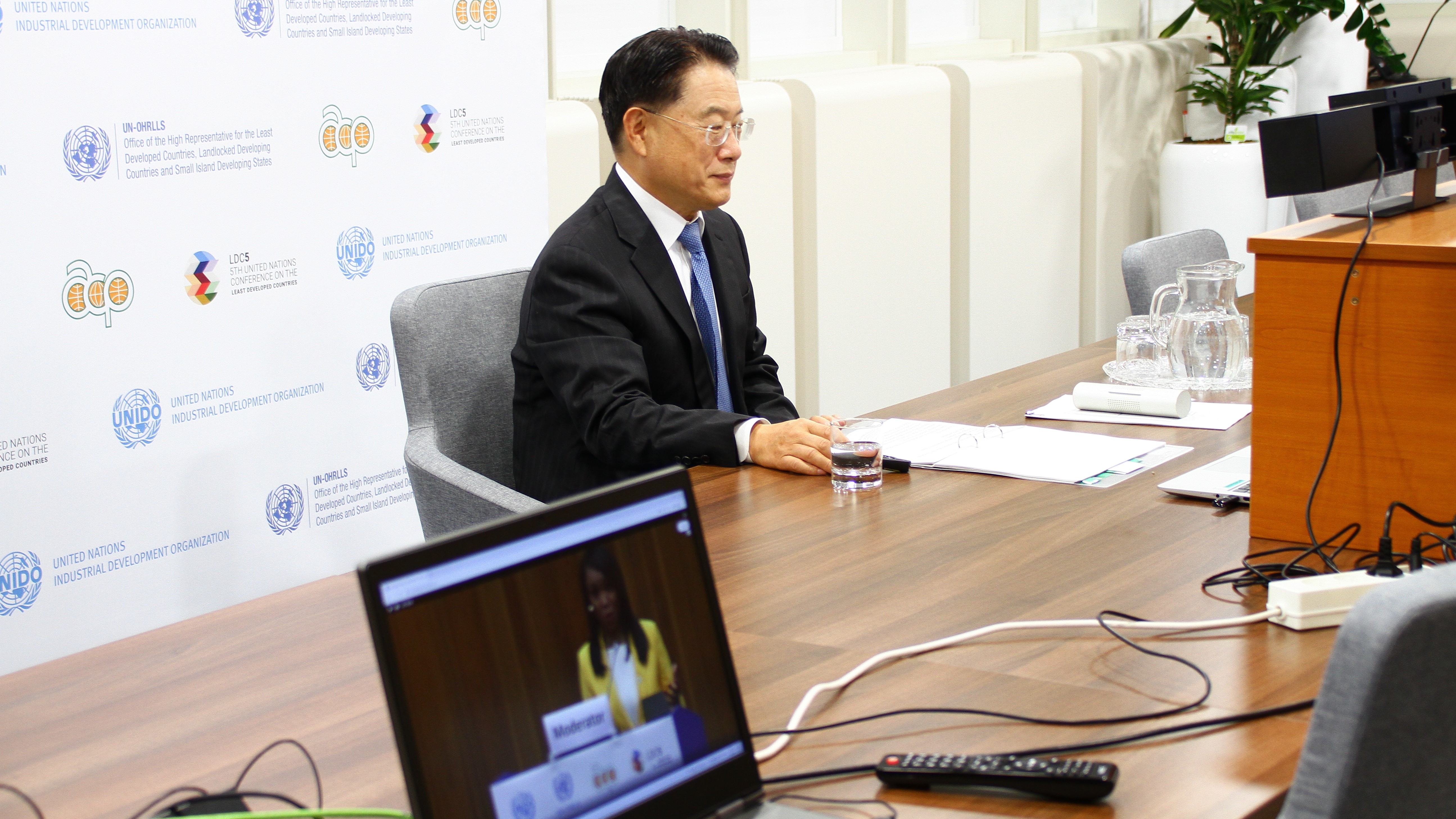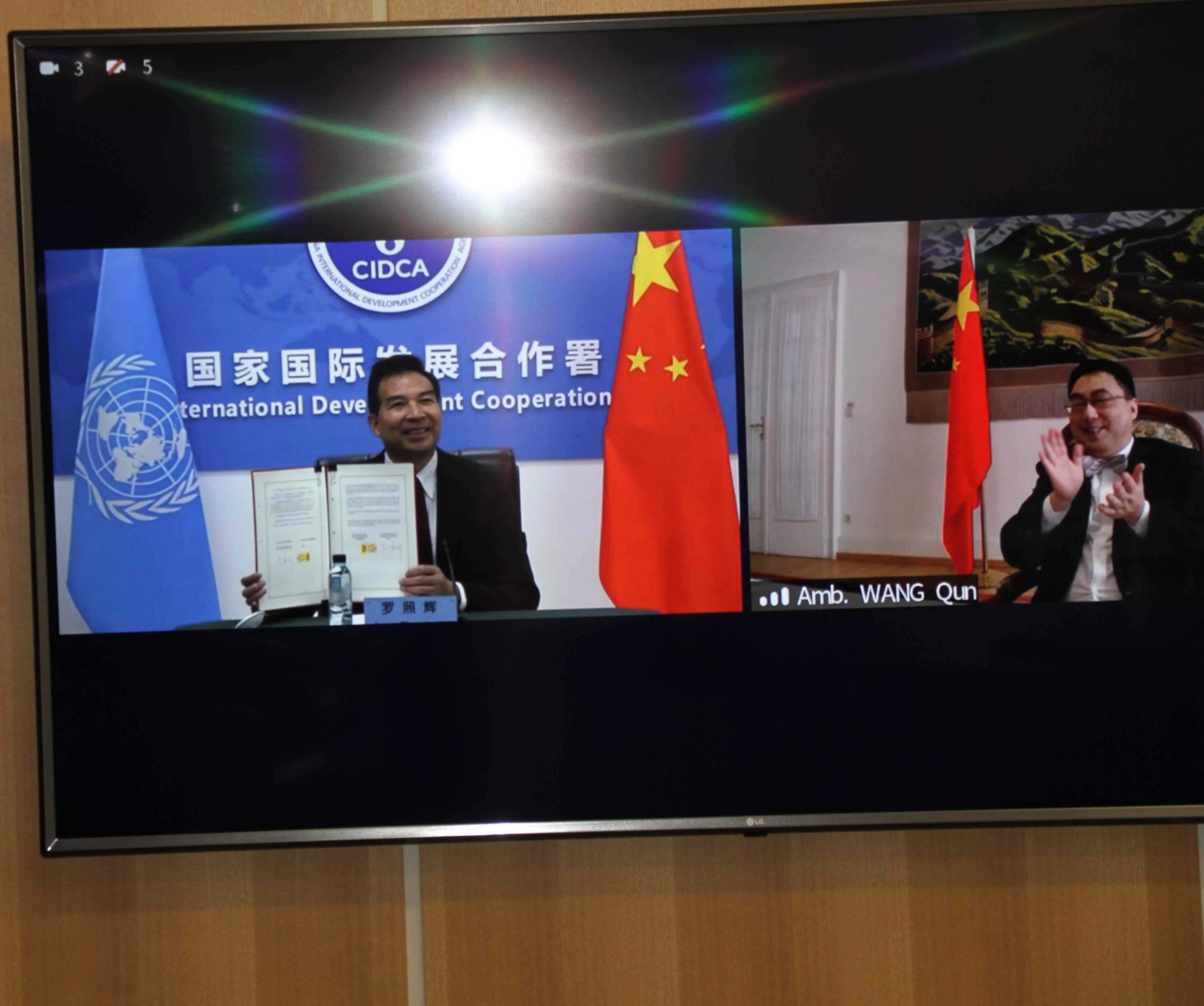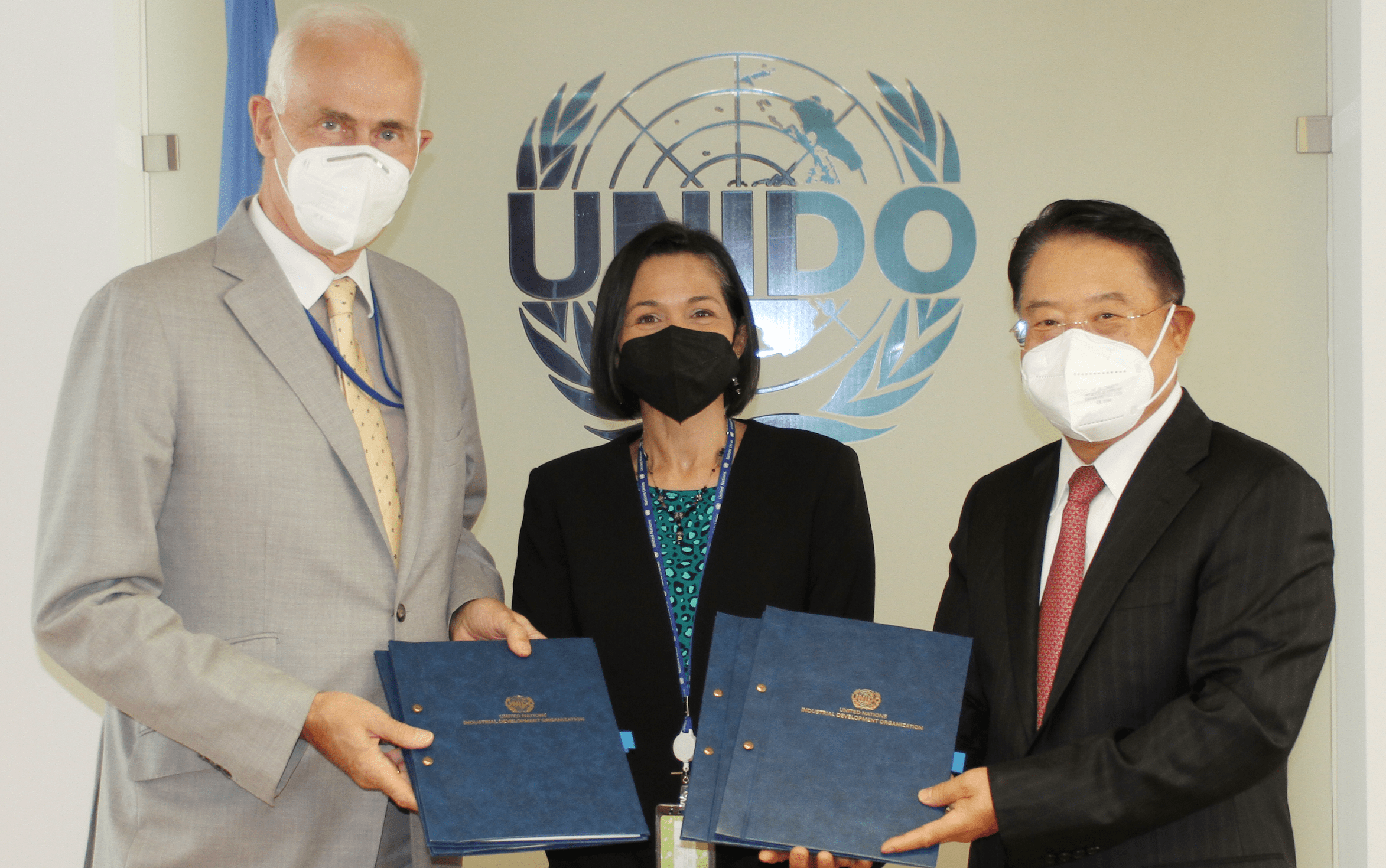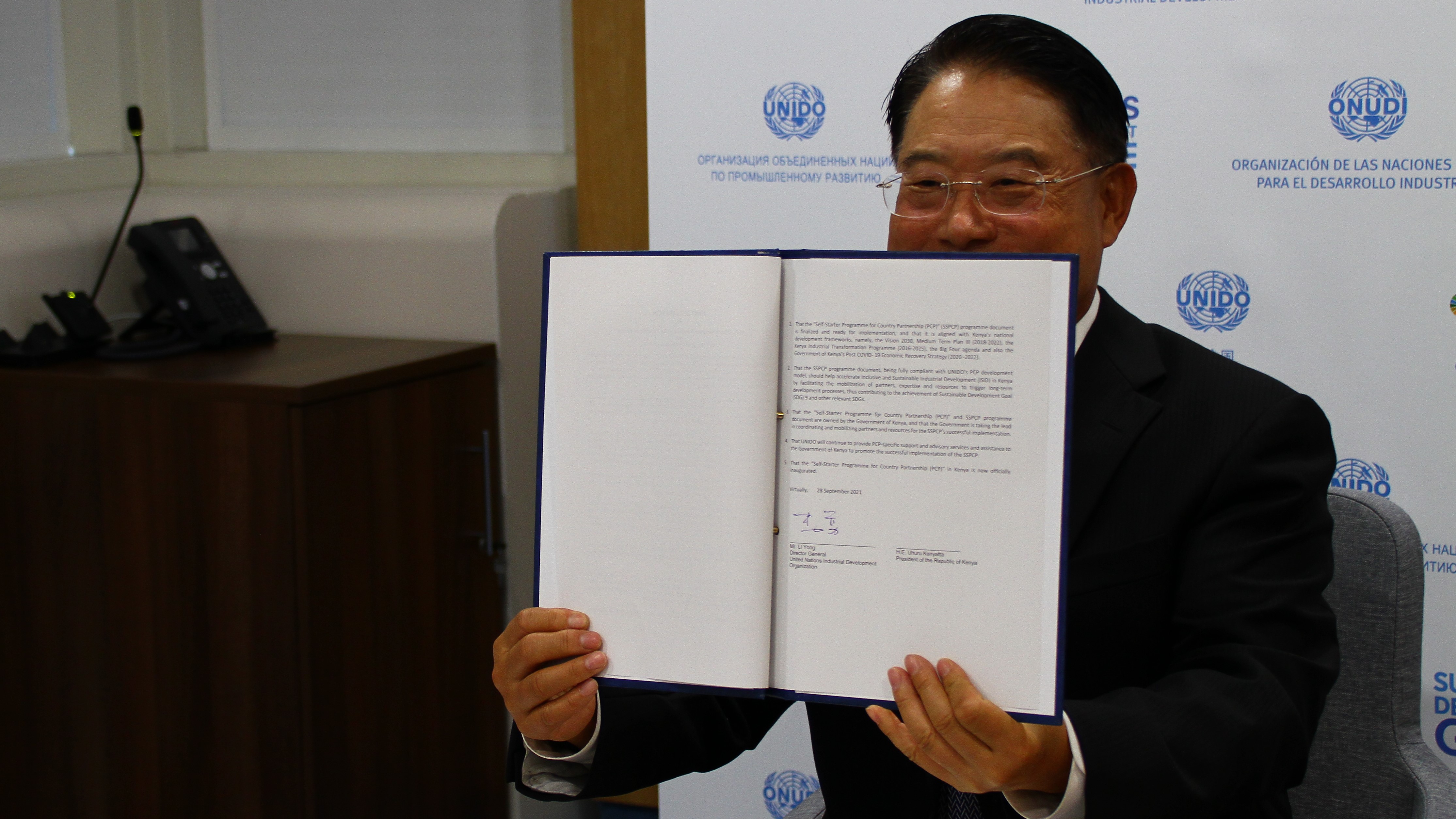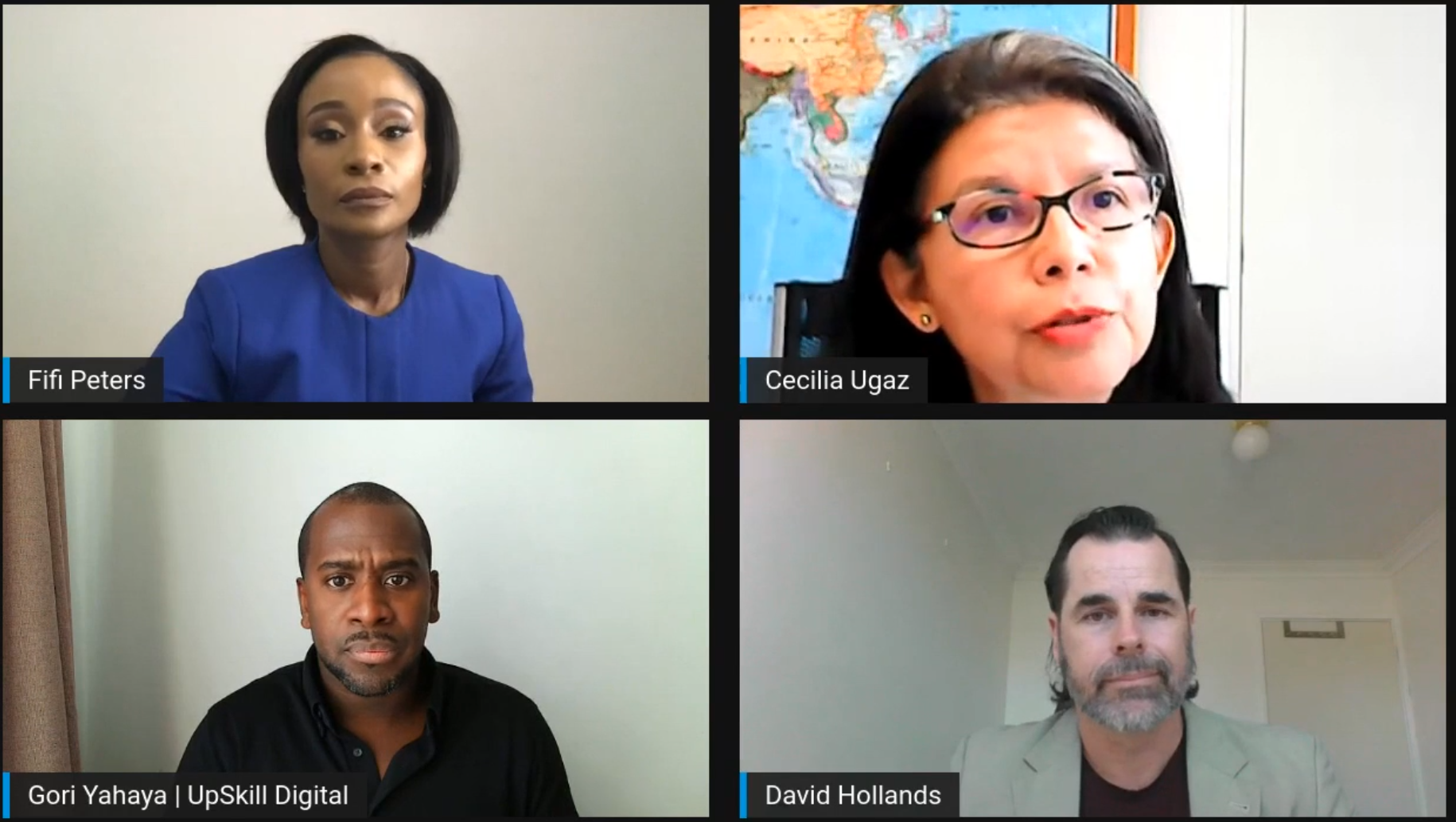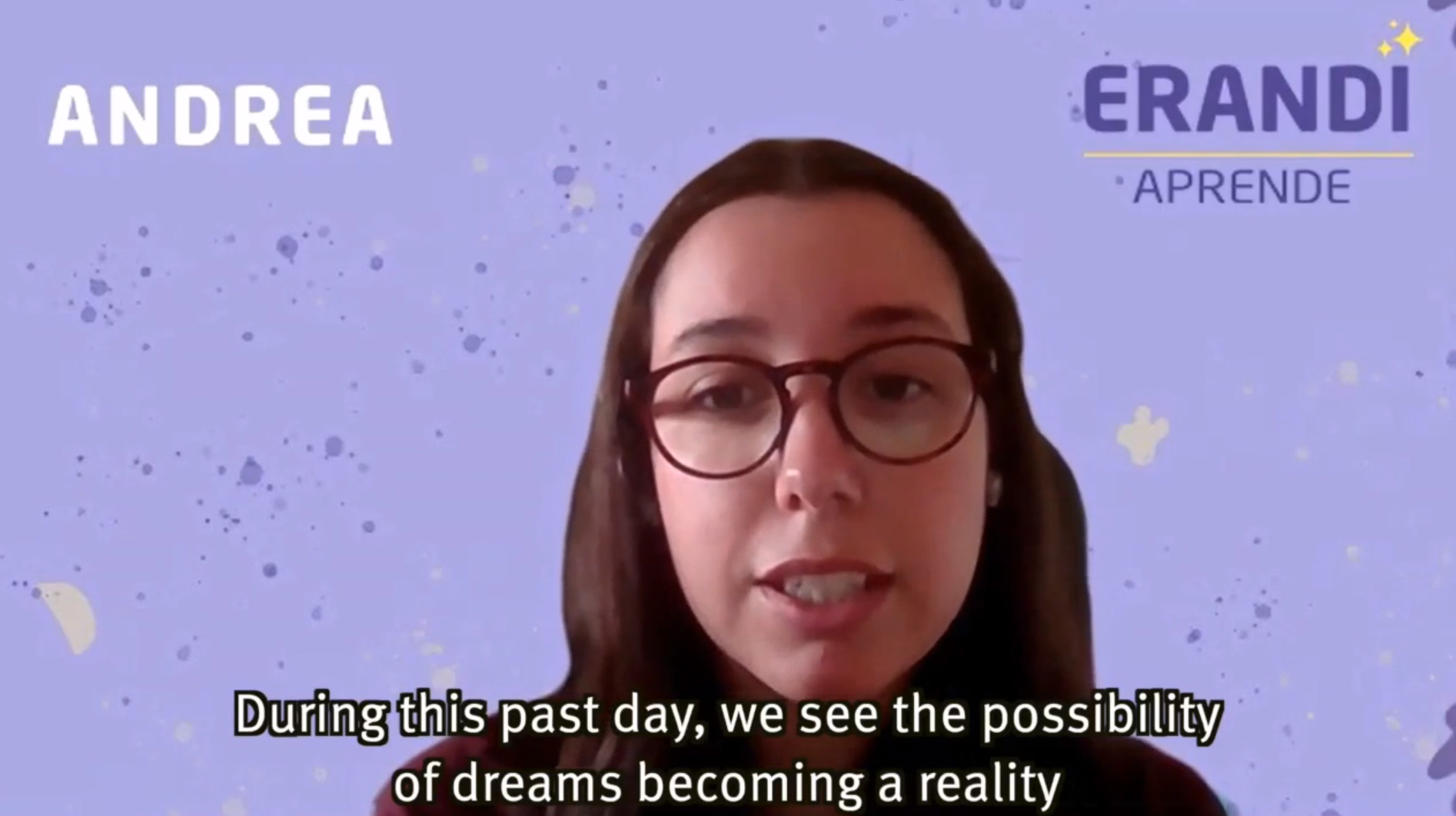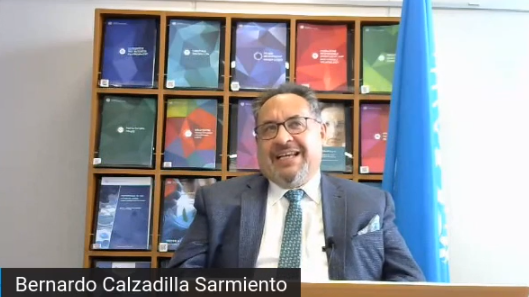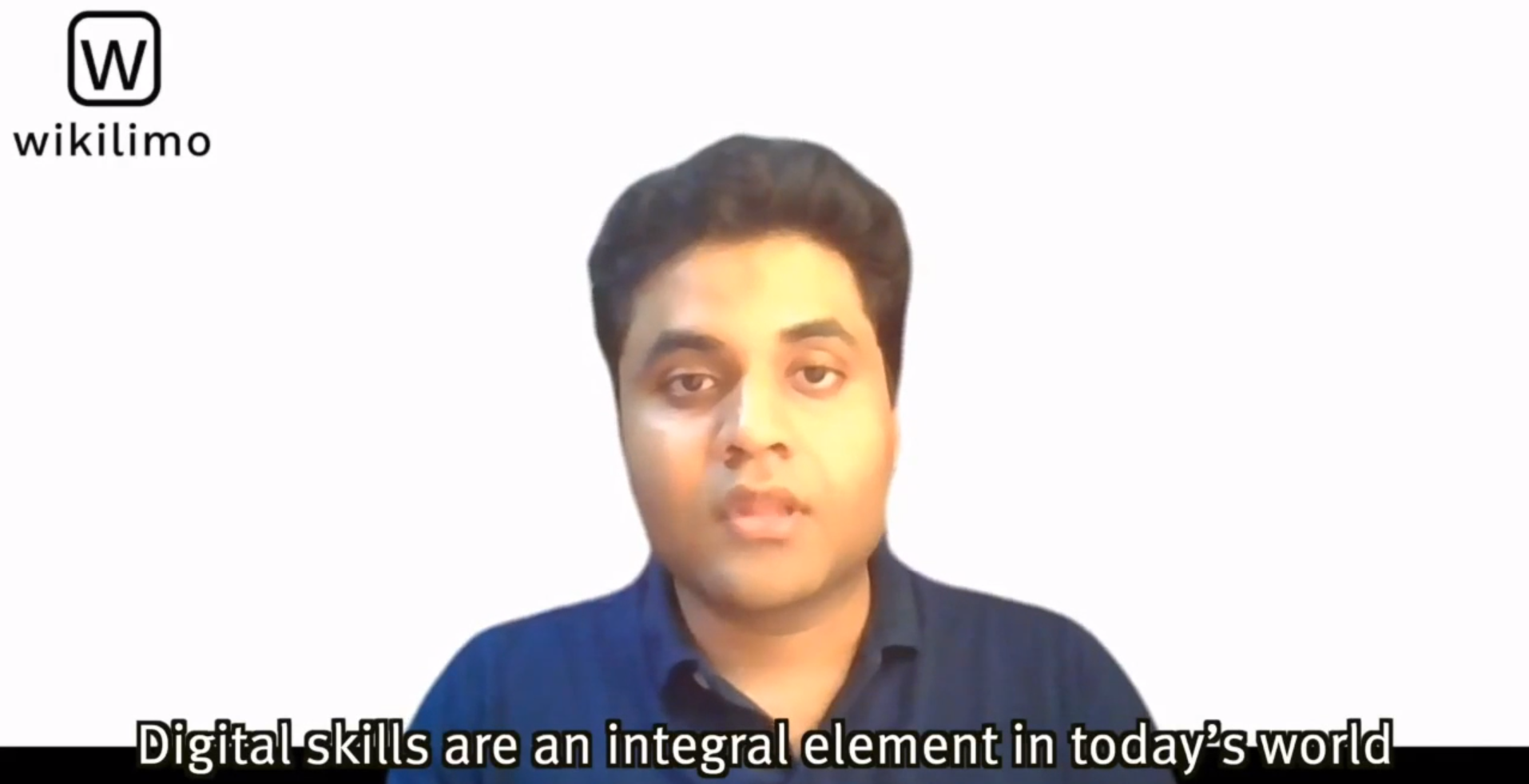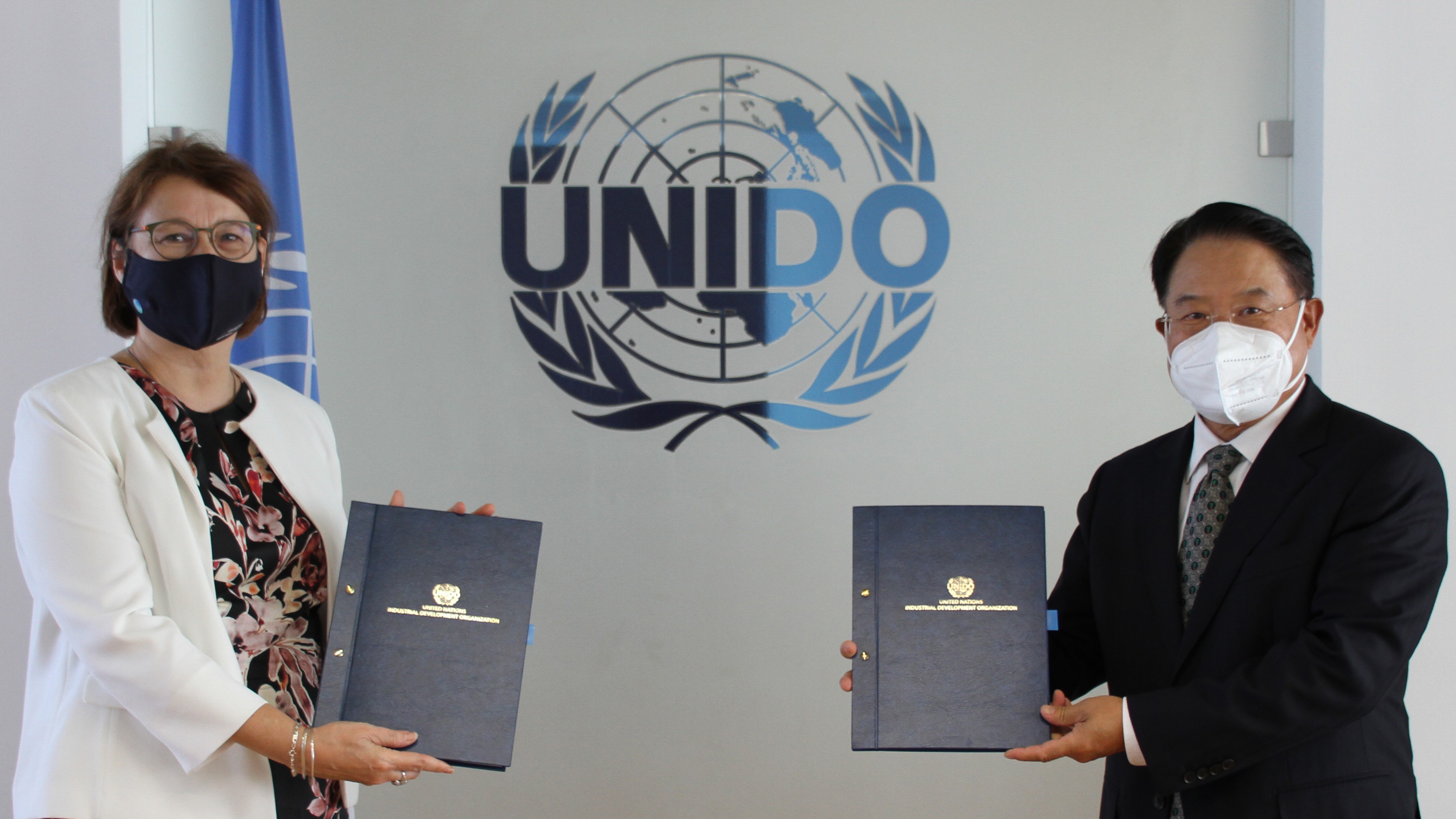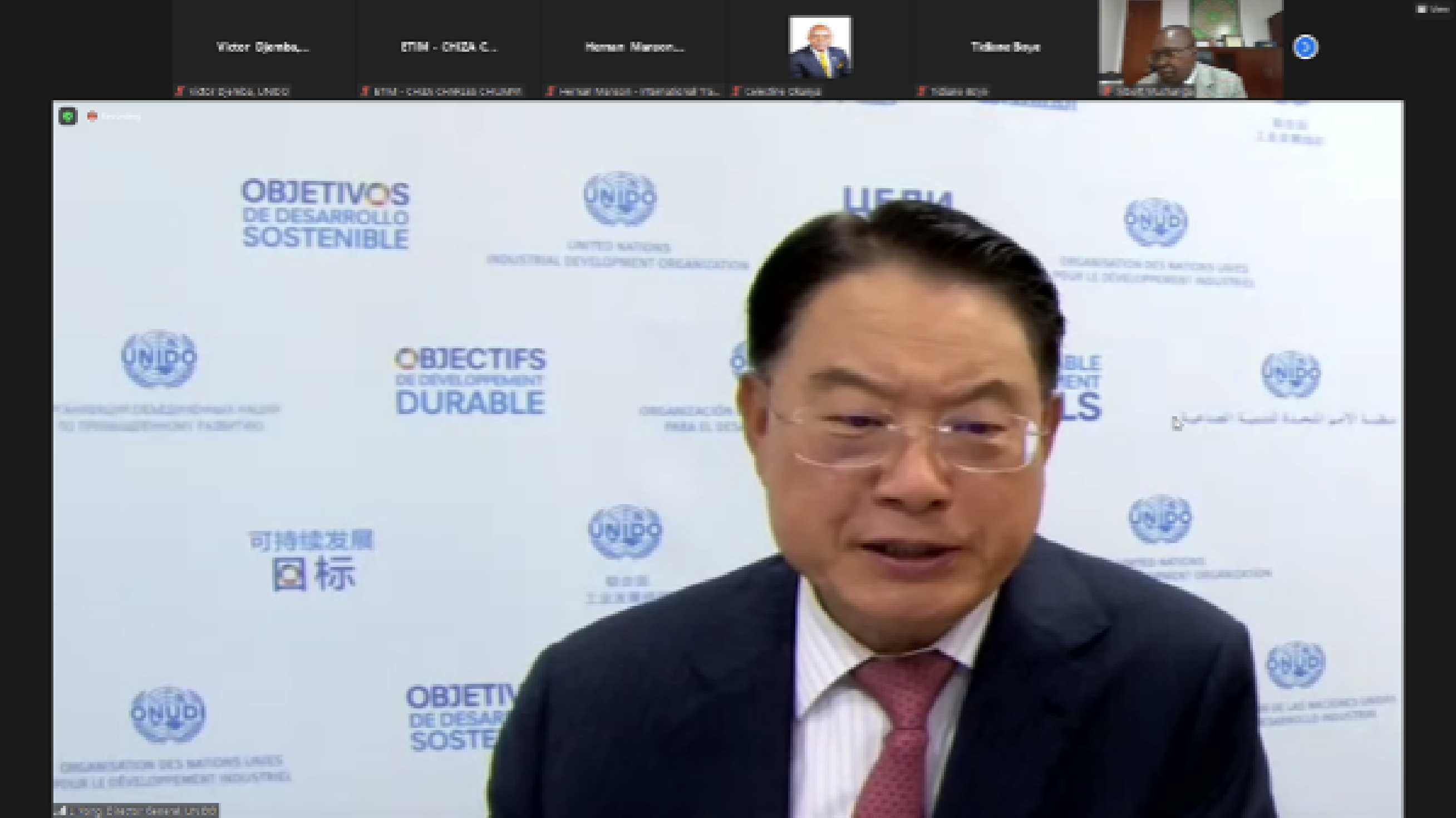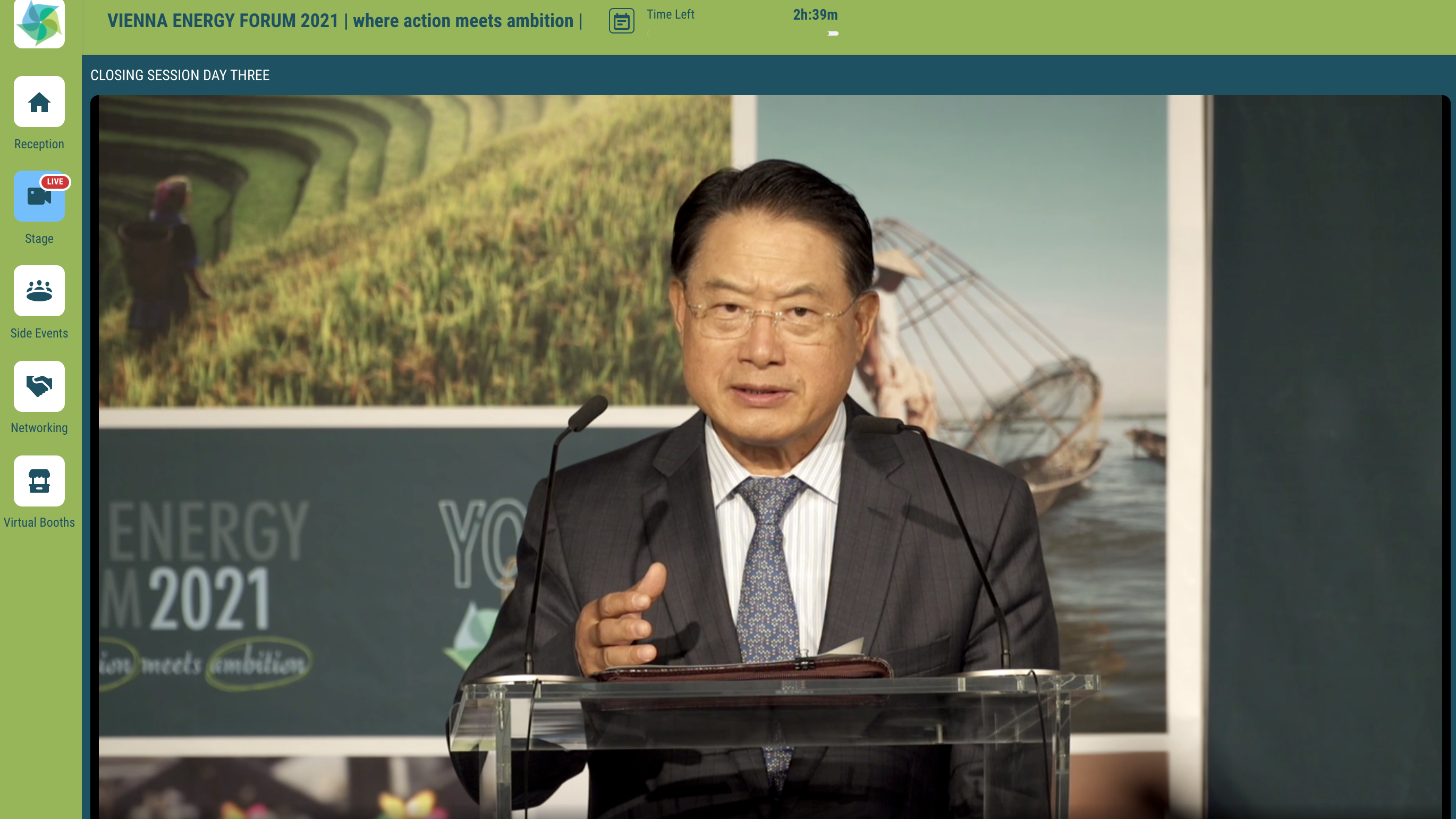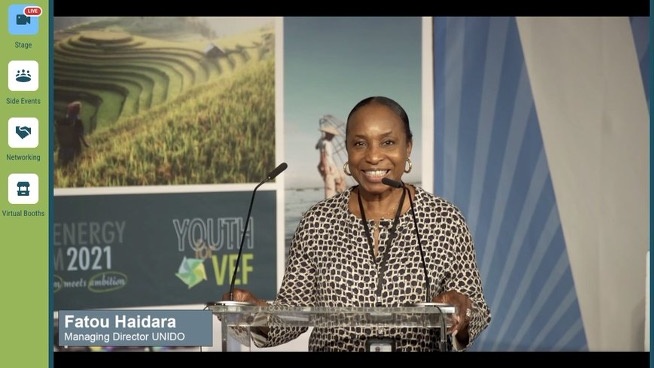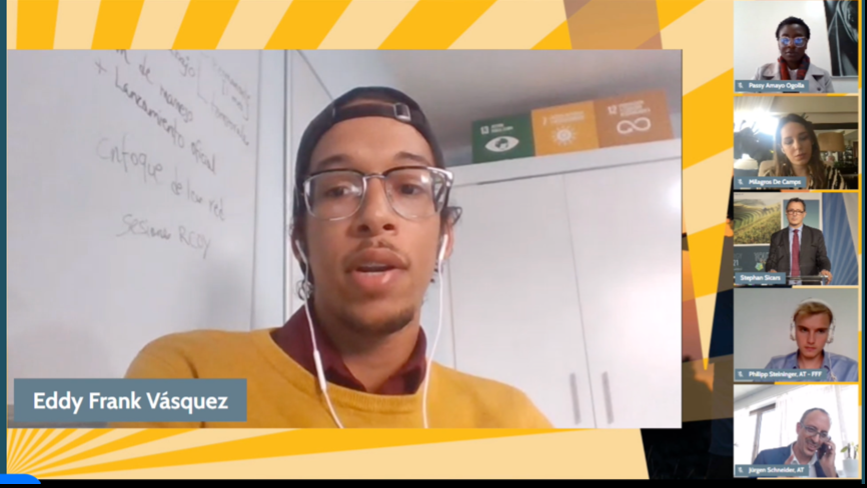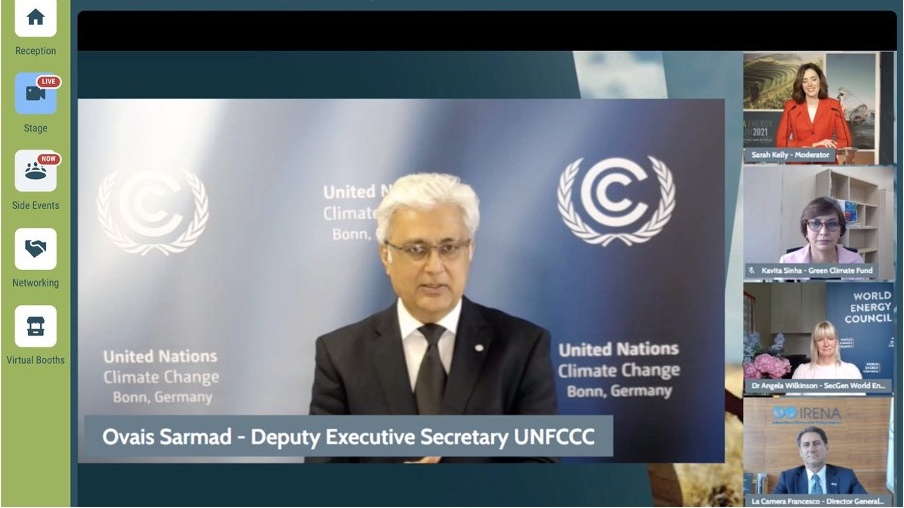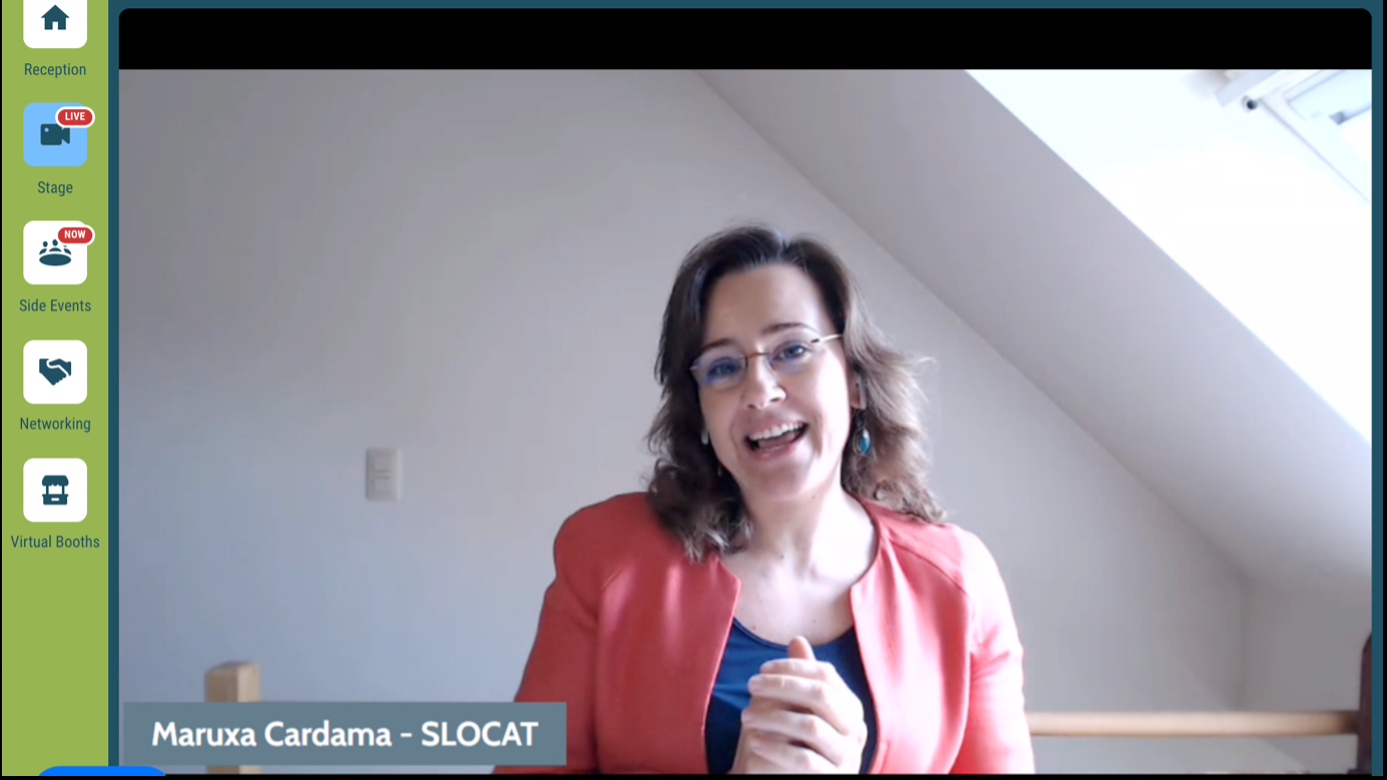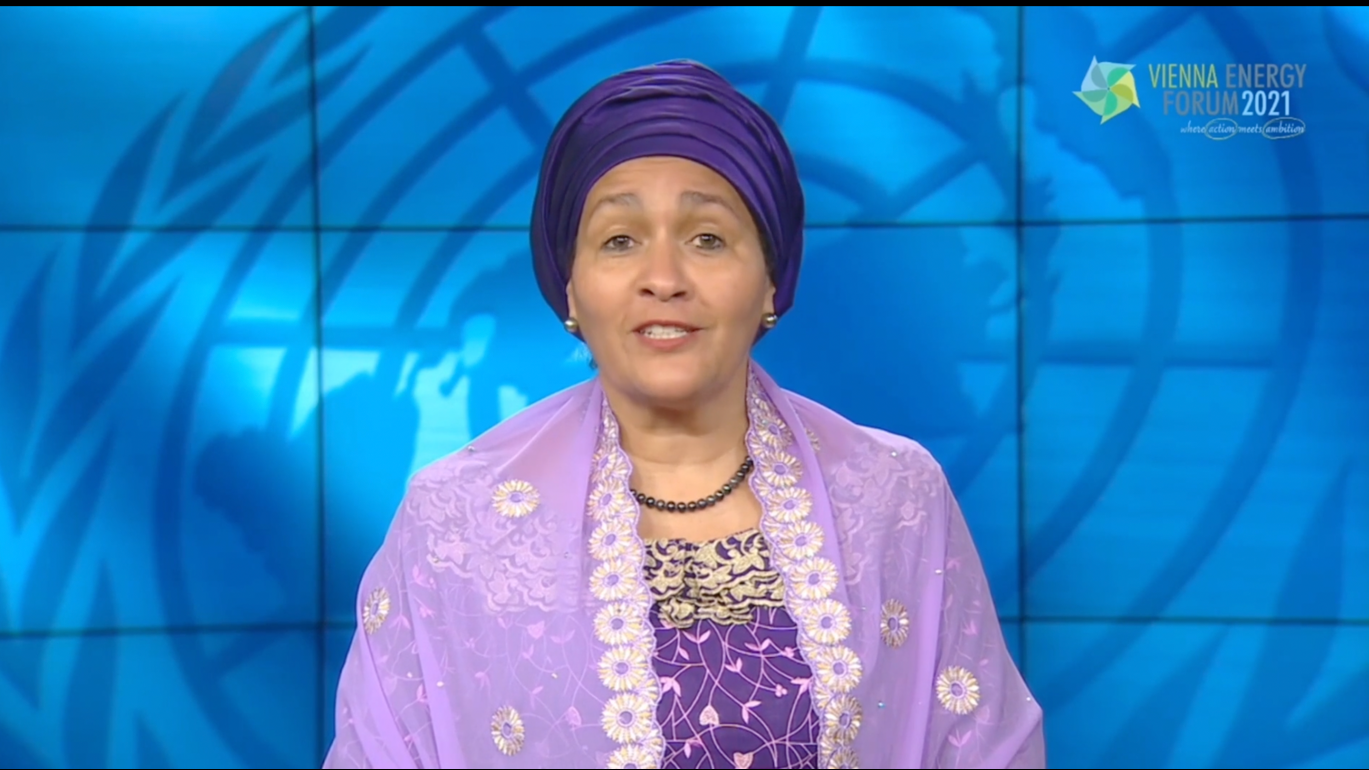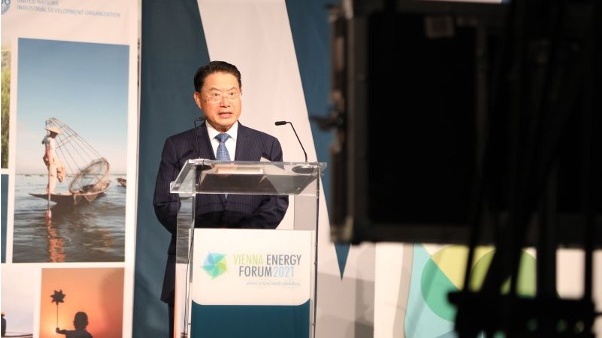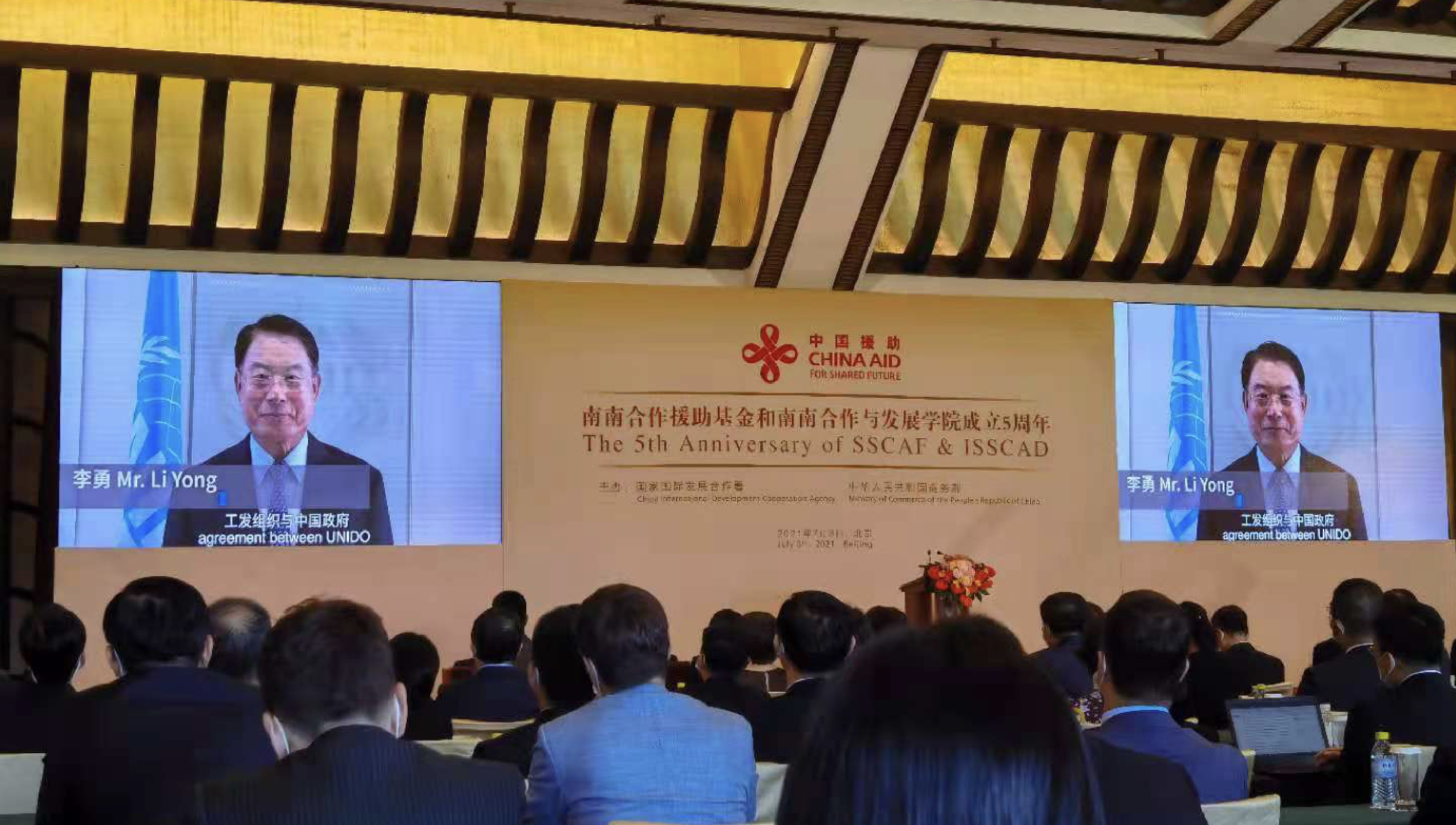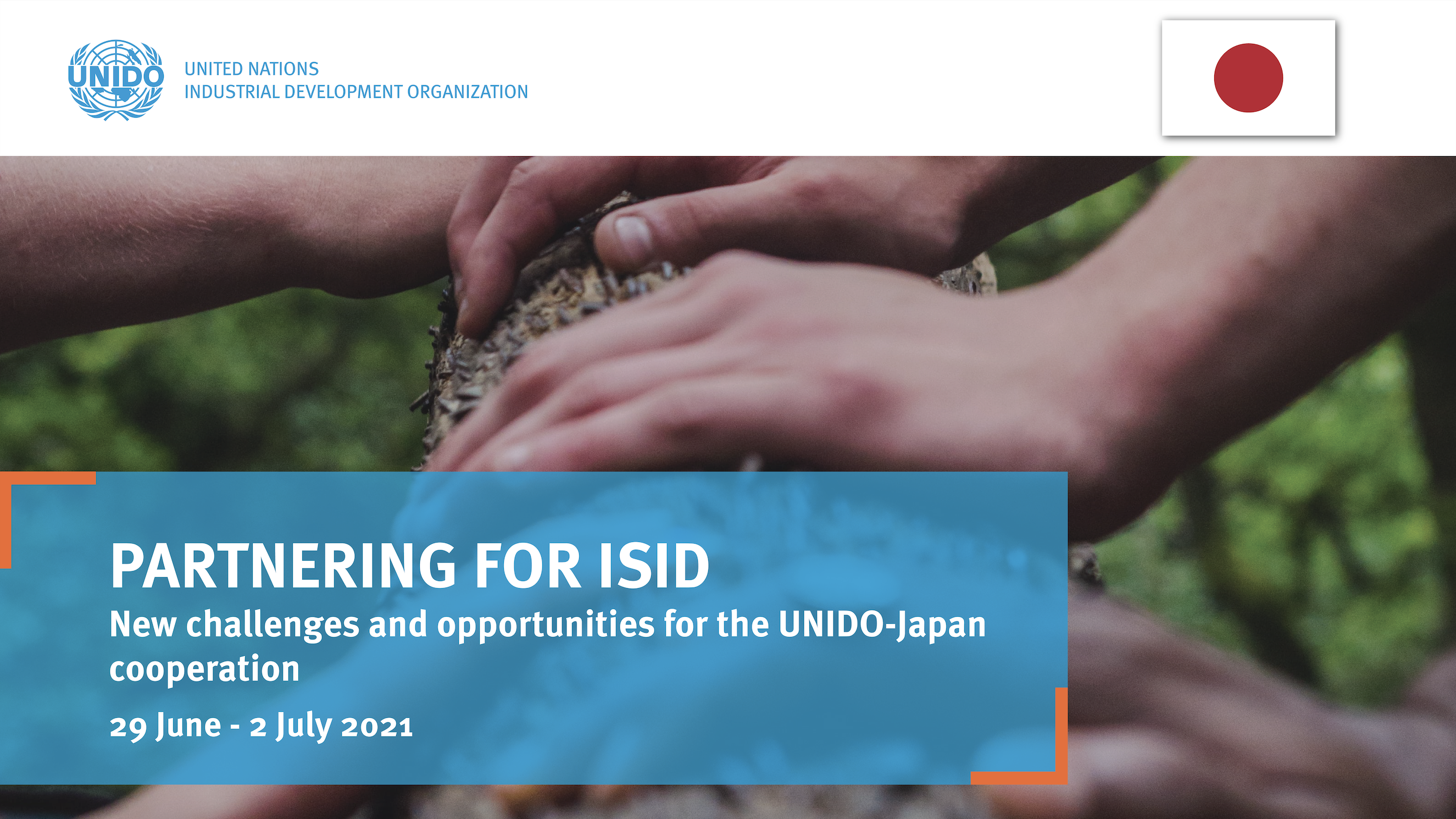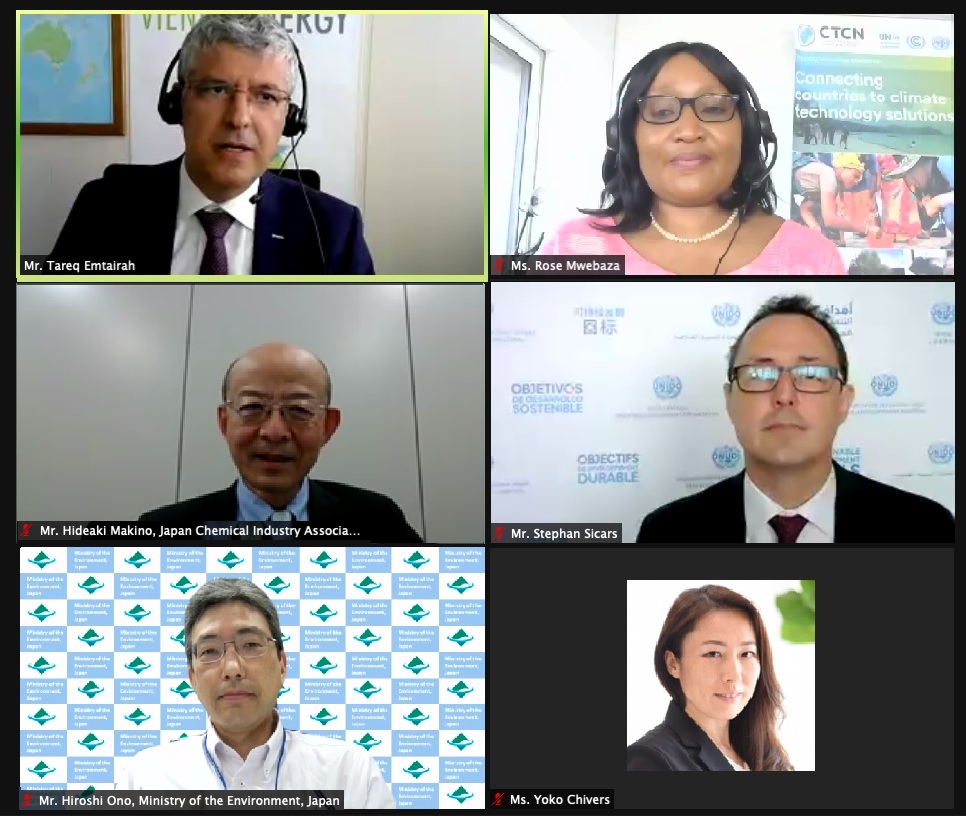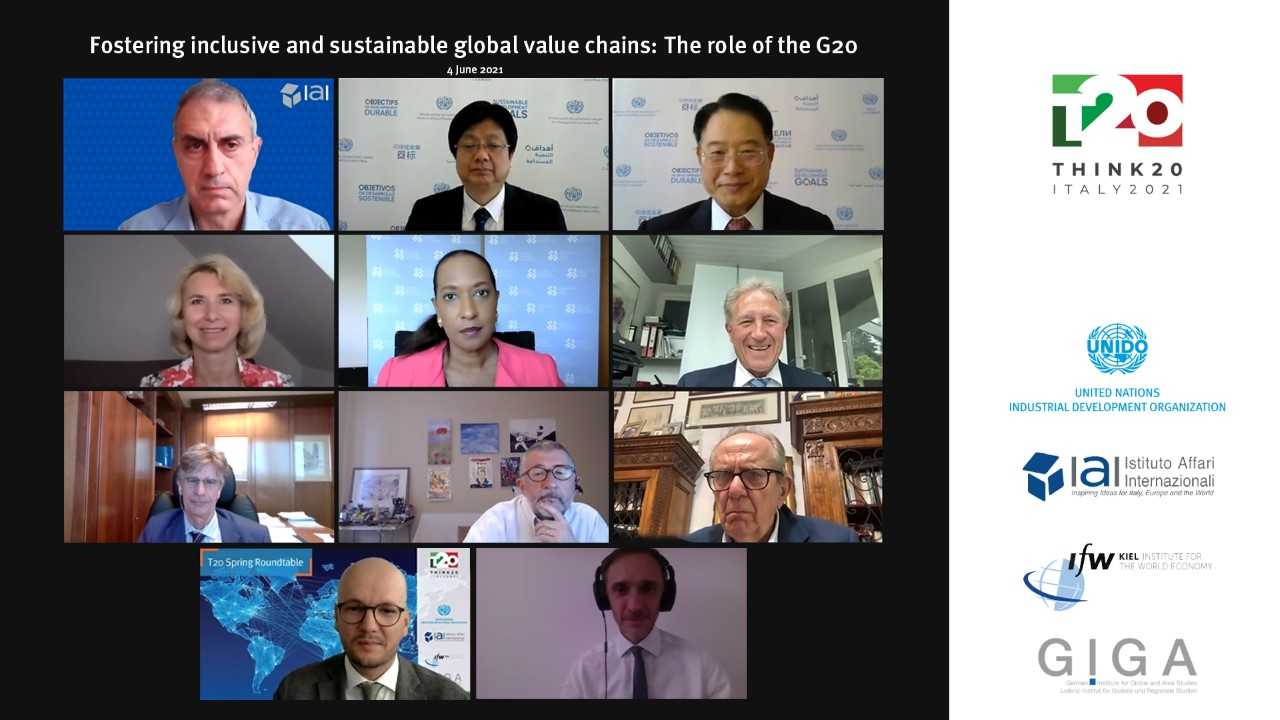UNIDO’s Ninth Ministerial Conference of the LDCs concludes the preparatory process to Doha’s UN LDC 5

VIENNA, 26 November 2021 - The United Nations Industrial Development Organization (UNIDO) held its Ninth Ministerial Conference of the Least Developed Countries (LDCs) prior to the 19th Session of the General Conference. The event was co-organized for the first time together with the Organization of African, Caribbean and Pacific States (OACPS), in addition to the long-standing partner, the United Nations Office of the High Representative for the Least Developed Countries, Landlocked Developing Countries and Small Island Developing States (UN-OHRLLS).
Chaired by Chipoka Mulenga, Zambia's Minister of Commerce, Trade and Industry, the Conference offered a global platform to LDC ministers and representatives of international organizations to discuss the priority areas of the next decade of action. Under the overarching theme “The Next Decade of Action: Accelerating ISID in LDCs”, the Conference largely focused on enablers for resilience, corridors and facilitators for the graduation of the LDCs, to build back better. Gender equality, the empowerment of women and youth, climate change and COVID-19 were cross-cutting themes addressed throughout the sessions.
The Conference explored innovative cooperation corridors to boost the industrial potential of LDCs and "turn current challenges into opportunities for accelerated action in LDCs over the next decade," said UNIDO Director General, LI Yong, "It is imperative for the next programme of action for the LDCs to envision achievable and impactful outcomes on structural socio-economic transformation."
The first session of the Conference featured keynote presentations given by UN-OHRLLS and OACPS, followed by a high-level ministerial interactive dialogue, aimed at unpacking the priorities of the Doha Programme of Action (DPoA). OACPS Secretary-General, Georges Rebelo Pinto Chikoti, said, "The COVID-19 pandemic has disrupted most if not all economic and social processes worldwide, with the informal economy, which is the backbone of many of our LDCs, being the hardest hit," in this respect, "the OACPS and UNIDO have been implementing joint actions with a view to strengthening competitive industries and the private sector in the OACPS."
In the second session, UNIDO Managing Director of the Directorate of Programmes, Partnerships, and Field Coordination, ZOU Ciyong, presented the steps leading from Istanbul Programme of Action (IPoA) to the expected Doha Programme of Action (DPoA), and contouring the formulation of UNIDO's operational strategy for LDCs in the next decade. The presentation was followed by a Davos-style dialogue between heads of UN entities, international organizations and private sector representatives, to discuss and reconsider the role of industry in driving inclusive and sustainable development in the next ten years. To conclude the second session, the high-level ministerial policy dialogue gave the opportunity to LDCs representatives to advance their views on ways to accelerate ISID and their expectations towards the DPoA.
A key outcome of the Conference, the Ministerial Declaration, calls upon UNIDO to reiterate its commitment to promoting inclusive and sustainable industrial development, to leave no one behind. The position paper contained in the Declaration mainstreams the Doha priorities into UNIDO’s policy orientations and serves as a basis for the formulation of the next UNIDO Operational Strategy and Implementation Plan for the LDCs 2022-2031.
As a roadmap to the 5th United Nations Conference on the LDCs (UN LDC5), scheduled to take place in January 2022, the outcomes of the Ministerial Conference will feed into the discussions of the Doha Conference, and its contributions will feature in the Doha Programme of Action.
Referring to the objectives of the DPoA, UN-OHRLLS High Representative and Under-Secretary-General, Courtenay Rattray, said that business as usual is not an option. He argued in favour of a programmatic approach that serves the needs of LDCs. "A programme that delivers structural transformation and strengthens resilience on a platform of sustainable growth. Concrete deliverables that will make an impact. Not just on the page – but in the streets, in the farms and in the factories of the world’s most vulnerable countries."
Six side events took place on the side-lines of the Ministerial Conference, in line with the six expected Doha priorities, capturing the spirit of the next decade of action, and offering an opportunity to reflect on ways to make substantial contributions to key thematic areas of the Doha Programme.
For more information, please contact:
Manuel Mattiat, UNIDO Programme Officer, Regional Division Africa
m.mattiat@unido.org
